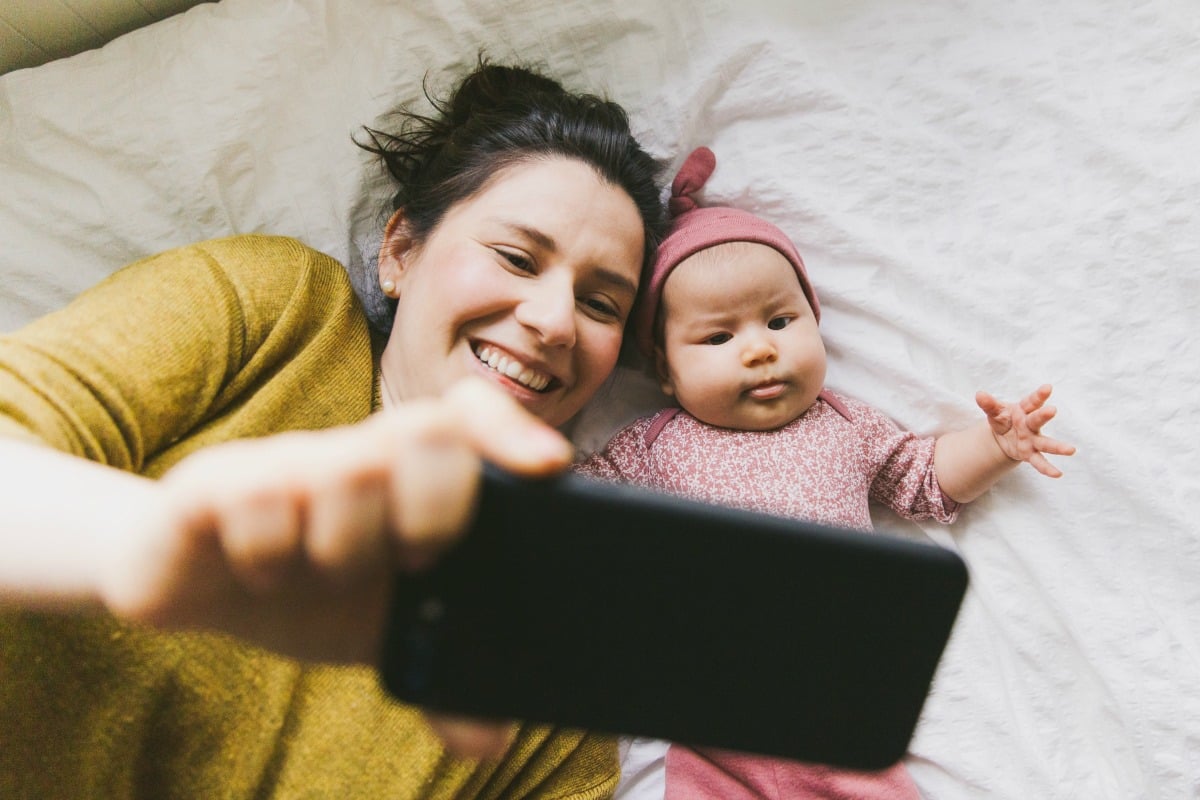
Posting a cute picture of your kid on Instagram this evening?
You’re an irresponsible Sharent, who just handed their child’s identity to Russian hackers.
Having a little Facebook vent about a particularly harrowing witching-hour while picking pumpkin goo out of your ear?
You’re part of the wave of whinging over-sharers who are giving parenting a bad name.
And did you, nine years ago now, snap a picture of your cherubic little toddler in a washing-up-bowl-bath and just repost it on your timeline as a memory that makes you feel fluttery?
You are a terrible person, with no protective parental instinct. Do you know you’ve just humiliated your sensitive tween? Will they ever even get a job now?
Watch: Things People Say Before Having Kids. Post continues after video.
Ever since a slick new New York Times video on ‘sharenting’ dropped last week – where kids of various ages confronted their guilty-looking parents about the lines they did (or didn’t) draw when it came to social-media, it’s been open season on snap-happy families.
You see, these days the average five-year-old has had 1500 images of themselves uploaded to some form of social media.


Top Comments
I can assure you, when I question the discipline/parenting of a child (in my own mind because I’m not savage), I’m always referring to all parents irrespective of gender.
Hmmm, I am normally one not to judge mums. There is plenty of evidence that as long as you are a loving and present parent - all these "parenting styles" don't really matter that much in the long run, but I am sorry I feel this is a different issue. It's about your child's right to privacy and having hundreds of photos floating around is terrifying and unnecessary.
Yes, I find it bewildering that the author justifies the sharing of a child's image online and surrendering their right to privacy as "mother knows best".